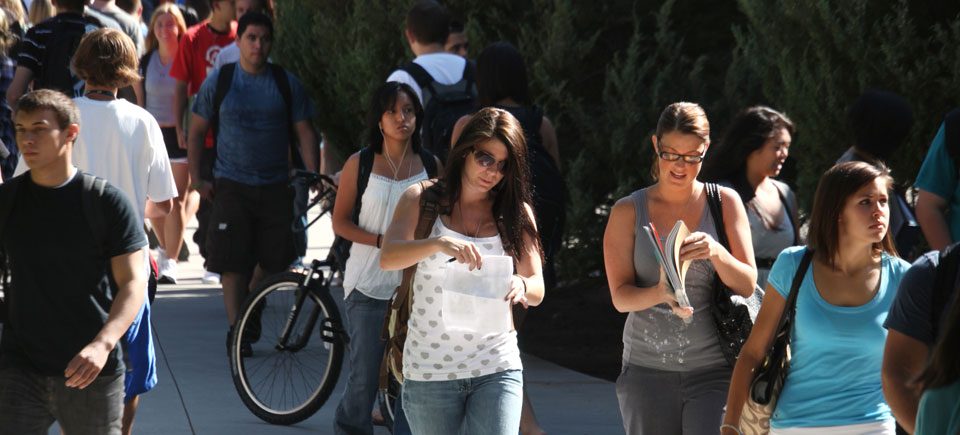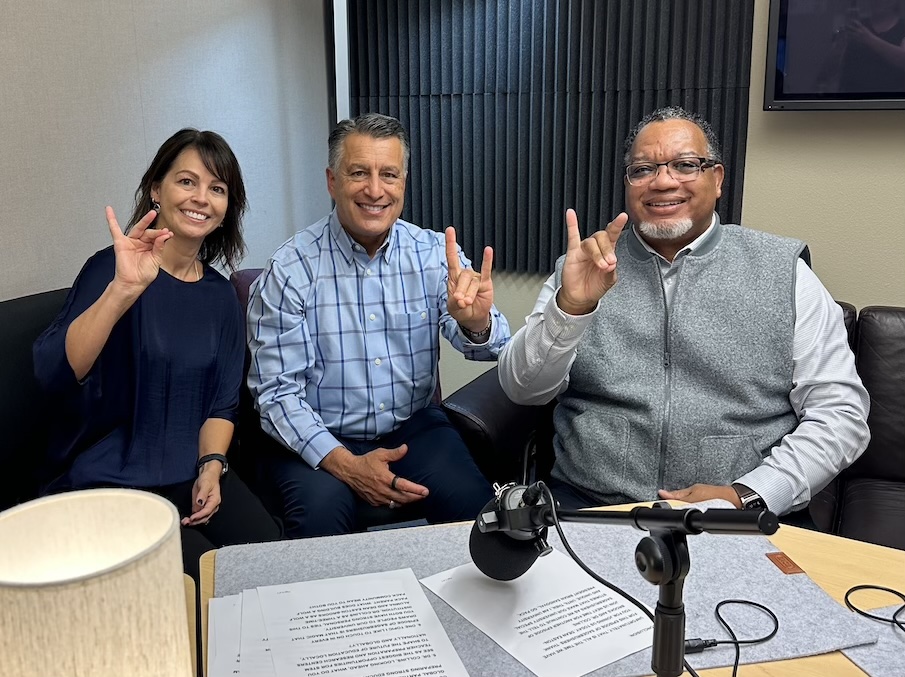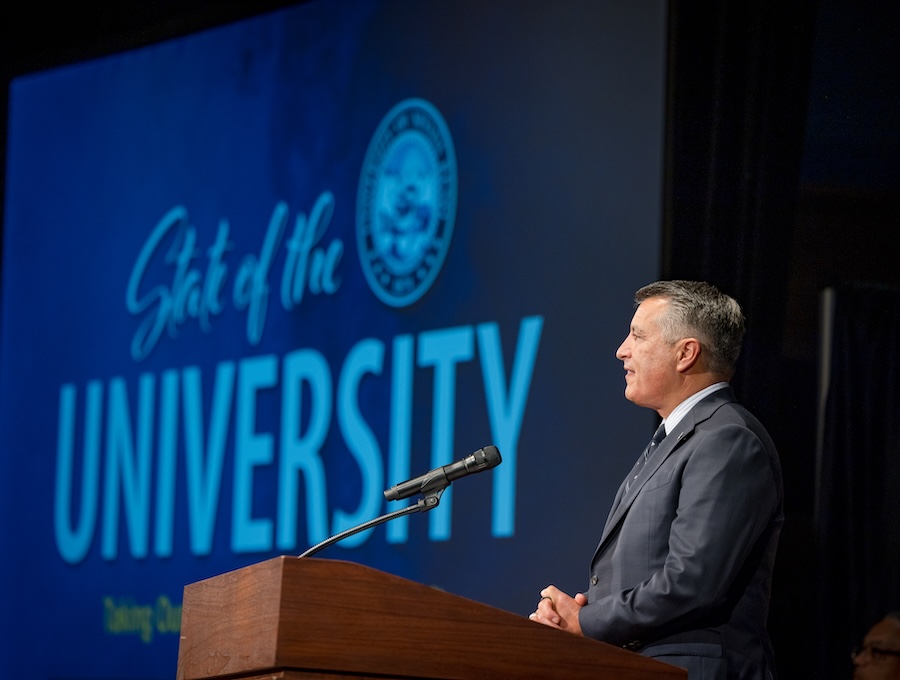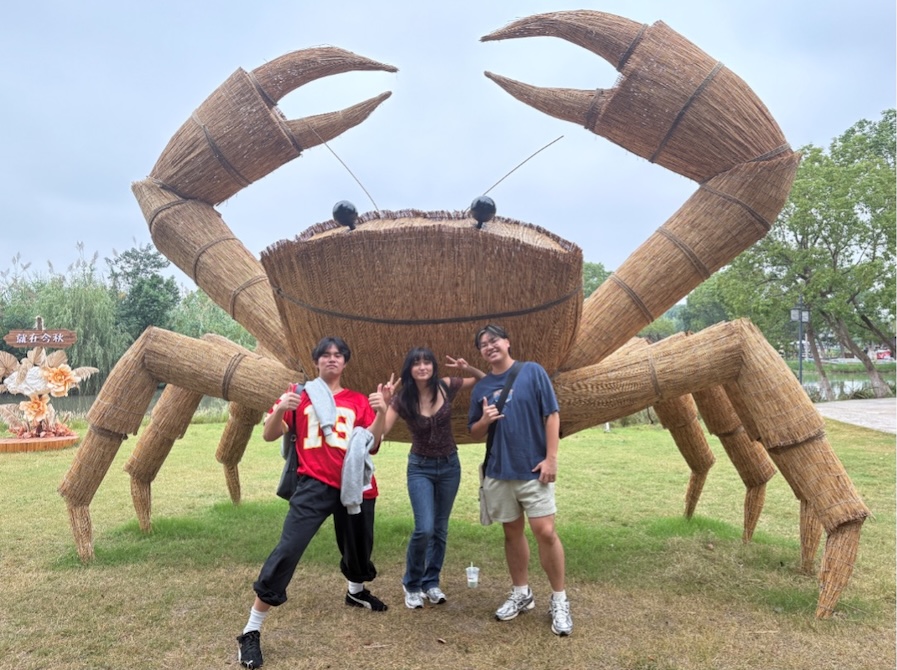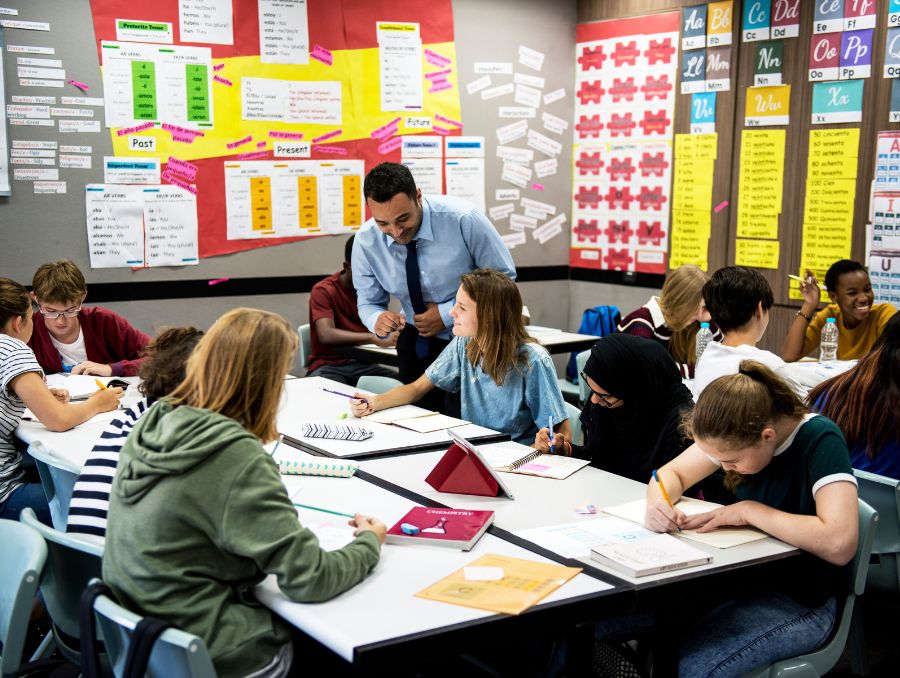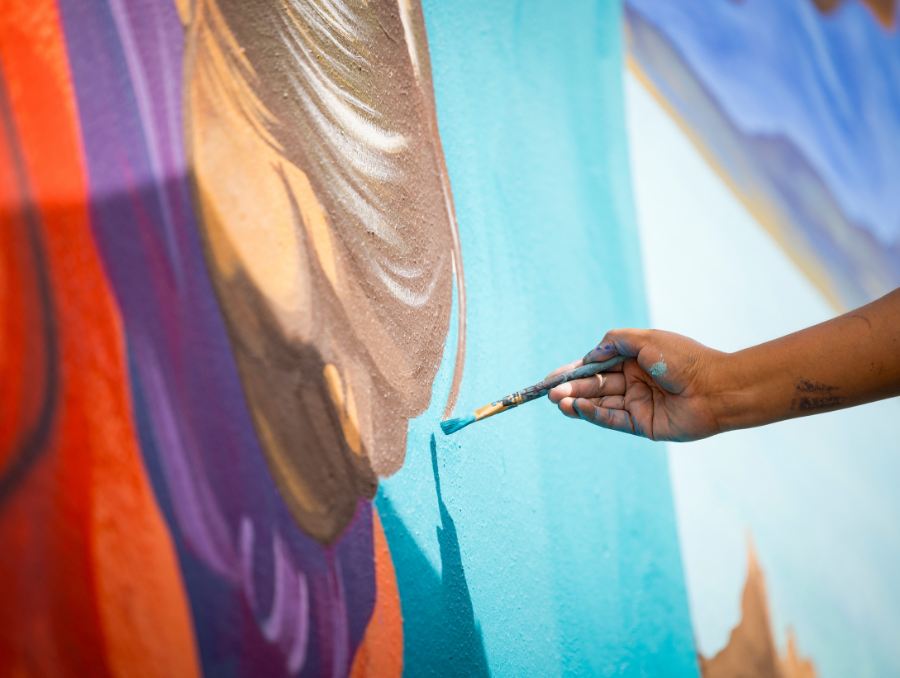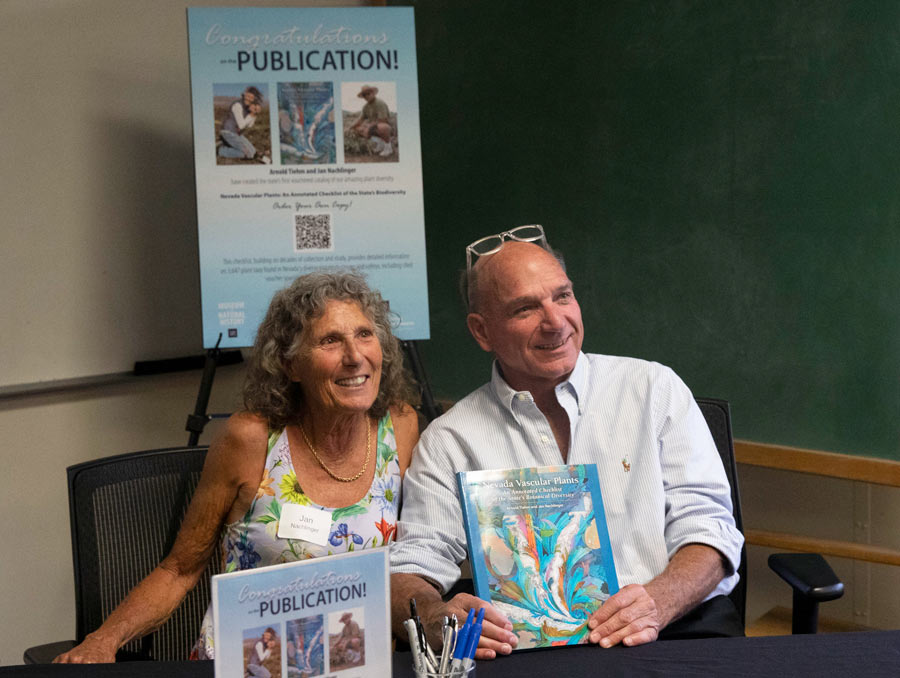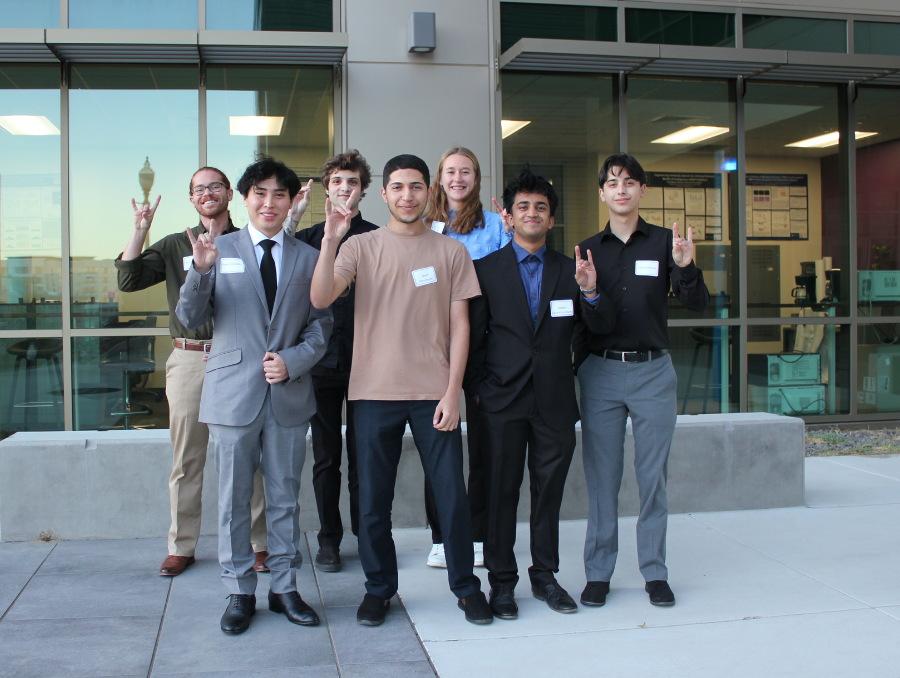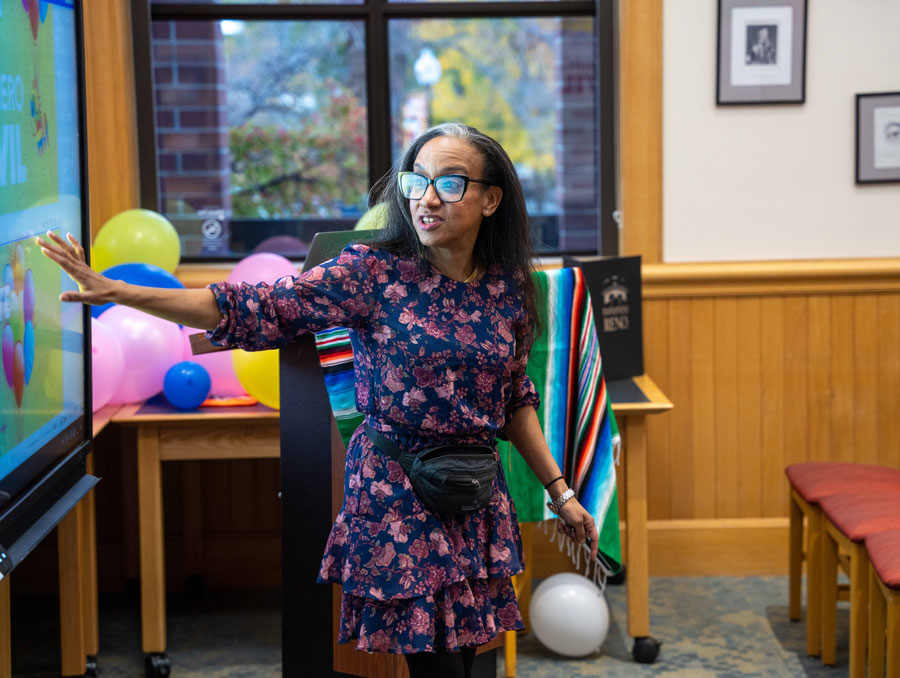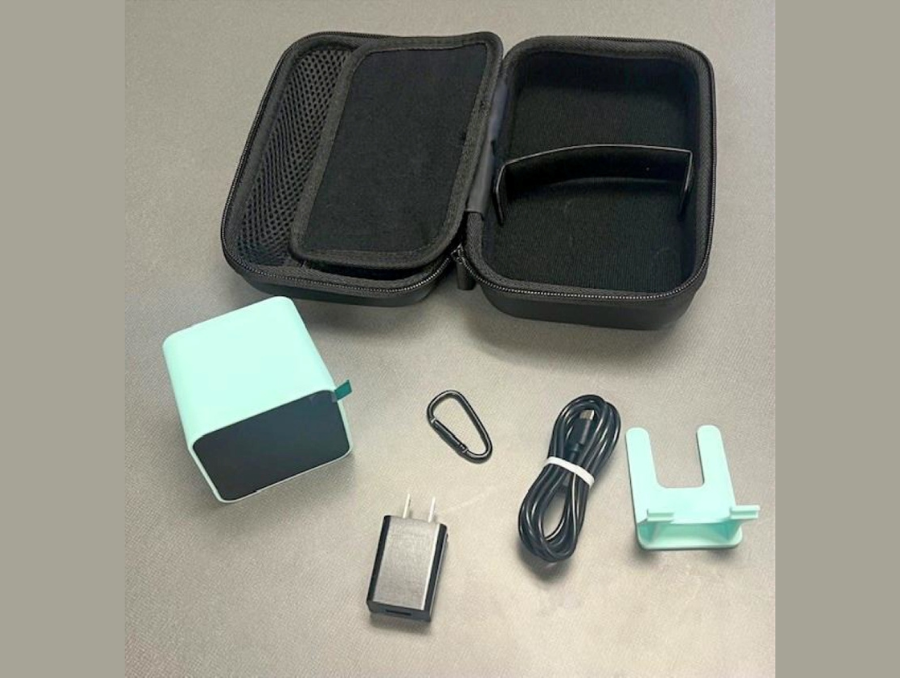The telltale signs are everywhere.
A few more students are on campus, staring at unfamiliar buildings, then checking their campus maps, then double-checking prospective fall 2011 schedules - if they are lucky, all three, during the same summertime campus visit, will jibe.
The men and women of Buildings & Grounds - always busy, at any time of the year - move with even more precision than normal. Soon, thousands of students will see their careful campus handiwork on a daily basis.
Academic Central
New students experience a whole new world when they arrive at the University. With all that is new and different, the University wanted to create a central place students can go to find answers to their questions. Enter Academic Central.
Academic Central is the student's portal to academics at the University. On this helpful site, students can learn about academic terminology, the core curriculum, academic advising, forms and policies.
Academics 101
Academics 101 is the student's guide to understanding the basics of academic degree programs. The University is a new experience for everyone, so this section was created to give a brand-new student a feel for the terrain.
Core Curriculum
Every undergraduate student at the University must fulfill a set of classes called the Core Curriculum. In this section, students can learn more about the design and requirements of the Core Curriculum.
Academic Advising
Academic Advisors are some of the most important people in helping students graduate. The Academic Advising section is a collection of some of the most frequently asked advising questions. Students are reminded that this website is no substitute for actually meeting with an advisor.
Forms
Sometimes students just need a form. In that case, all the academic forms are in one convenient section on Academic Central.
Classified staff, academic and administrative faculty all hurriedly prepare for what will soon be an onslaught of students.
Early forecasts indicate that the University's record enrollment figure of 17,679 students last year could be in jeopardy.
All of this activity is a good sign, positive proof that the campus is alive and well - ready for the 137th year of academics at the University of Nevada, Reno.
"Besides Commencement," says Kristi Van Gorder, the director of advising, recruitment and retention for the College of Liberal Arts, "this is my favorite time of year. There is so much energy on campus."
And of all the sound and flurry, one group, in particular, merits special attention in late August: First-year students.
The first few days and weeks of a first-year student's University experience are a critical time, often requiring a series of practical steps in order to ensure success.
Recently, Van Gorder and another veteran recruitment and retention expert on campus, Brandi Bernard, academic advisor/coordinator of academic and career exploration in the Advising Center, took a few minutes to impart several easy-to-follow steps for students as the yet another school year beckons.
For Van Gorder, the first-year experience can be divided into two parts: academic and social.
Students, she said, should be mindful of both during their time at the University.
On the academic side, Van Gorder counsels students to do the following:
- Be prepared for your classes.
- Arrive on time.
- Ask questions.
- Visit your professor during their office hours.
- Meet with your academic advisor at least once a semester.
Van Gorder also encourages students to work on the social side of their time in college.
"Get involved and try something new, whether it be an academic organization or a student organization," she said. She suggested joining Lombardi Recreation Center. "It's a great place to meet people, stay active, and be healthy."
Bernard's advice begins with an attitudinal/expectation adjustment. Expectations need to be higher, Bernard said, because the University demands more of its students.
"Realize you are now a college student and will likely need to change some past behaviors from your high school days," Bernard said, noting that new students will need to study more and invest more hours toward being a student. "Don't be fooled by due dates and deadlines that are weeks away and mistakenly think that you can 'put off' reading textbook chapters or writing papers.
"Study smart - break down what you to do in smaller, more manageable tasks and stay on top of your homework daily."
Bernard's other tips include:
- "Have fun! Get involved with extracurricular activities. There are hundreds of clubs and organizations to join, a great recreation center to use, and lots of stuff in the community and surrounding areas to enjoy, whether it's the great outdoors, art museums, restaurants and the River Walk."
- "Take time during your first year to familiarize yourself with the course requirements in your major or several majors if you are still deciding. Talk to your advisor about the things that you are excited about as well as any requirements that make you nervous. Find out what type of internships or research experiences are available during your second and third years of college."
- "Stay connected with friends, family, advisors and teachers. It does take a village - take advantage of the many resources available to you, such as tutoring, math and writing centers, counseling services, advising centers and support from the residential life staff if you live on campus."
